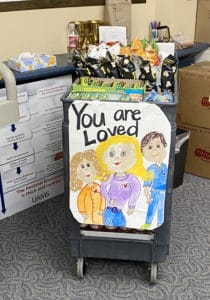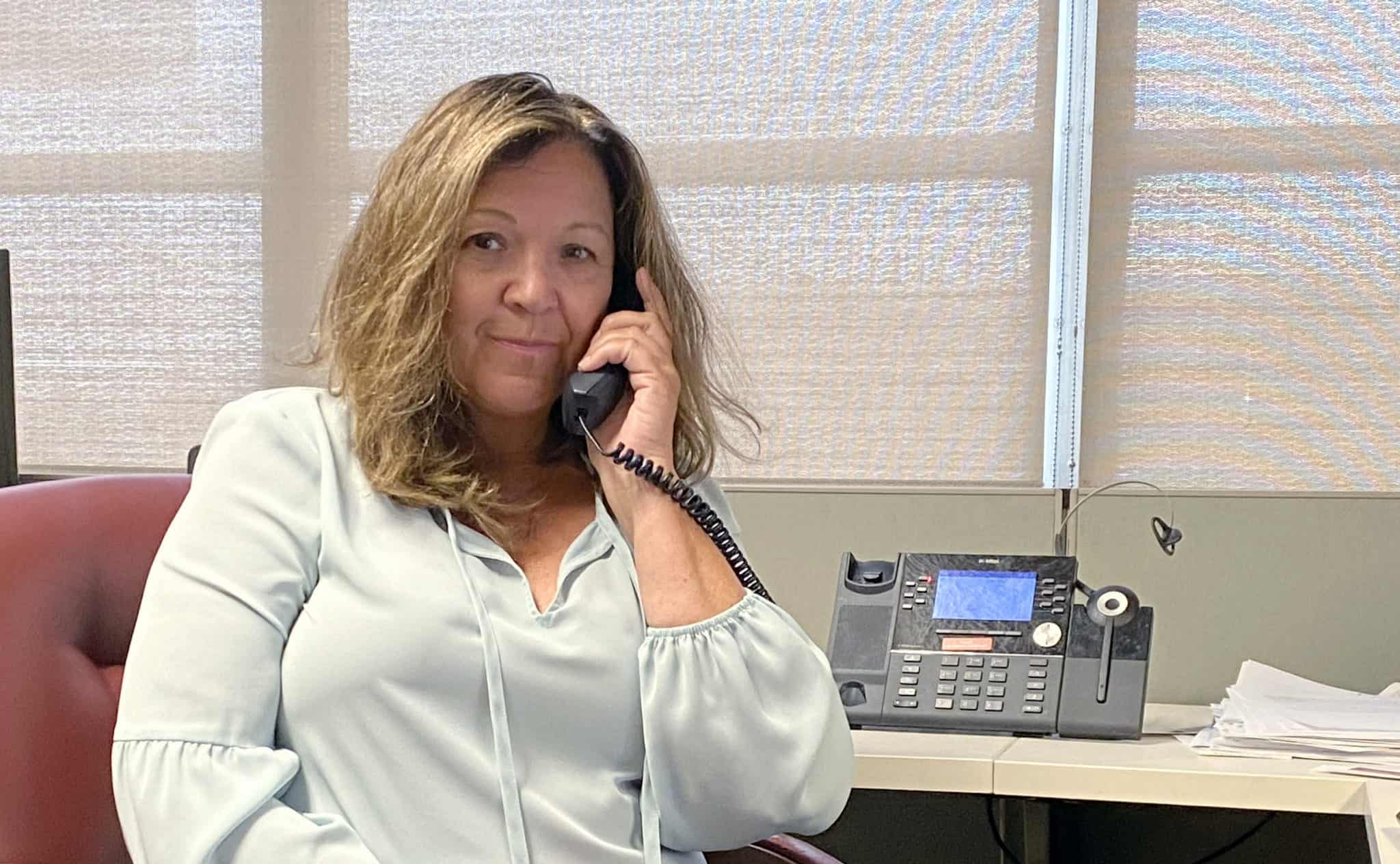Supportive Conversations Hotline Offers Employees Someone to Talk To
| During this stressful time of social isolation in the midst of a pandemic, employees need someone to talk to, said Susan McDougal, director of pastoral care at UAMS.
However, many employees don’t have time to process their feelings immediately after a traumatic situation, McDougal said. “Sometimes they don’t even realize in the moment how deeply they were affected.”
Supportive Conversations started as a way to support staff whenever they have time to process their feelings, she said. The idea was create a 24-hour telephone number and staff it with trained volunteers made up of counselors, coaches, social workers, chaplains and psychiatrists.
“We wanted to expand our mental health support services without further stressing the already overburdened mental health system,” said Erick Messias, M.D., Ph.D., M.P.H., associate dean for faculty affairs in the College of Medicine and a professor of psychiatry.
“There is a need to be creative in mental health beyond the traditional – and much needed – therapy and medication,” he added.

UAMS chaplains wheel a comfort cart with drinks and snacks to the various floors of the hospital — one more way to offer support to employees.
Funded by Get Healthy UAMS, Supportive Conversations is one way UAMS is working to improve employees’ mental health during the pandemic.
“Every employee needs to have someone to talk to,” McDougal said. “It isn’t always easy to take our jobs home to our families. Being able to talk to someone who understands what you’re going through and can talk with you through your immediate crisis is so valuable.”
Since Supportive Conversations began in late March, more than 20 people have called the hotline to talk, said Messias. “We’ve had calls from physicians, nurses, social workers, technicians, housekeeping and administration. Basically, our callers represent all levels of UAMS personnel.”
Often times, those calls come in the middle of the night, McDougal said, adding that often concerns come in the dark of night, and that is when someone may really need to reach out.
In addition to staffing the hotline, chaplains also take a comfort cart with drinks and snacks to the various floors of the hospital.
COVID-19 has changed everyone’s job at UAMS, including that of the chaplains, McDougal said.
“Before COVID, chaplains attended to the patient and the patient’s family during a trauma,” she said. “We would serve as a liaison between the staff and the family. During a Code Blue, we would sit with the family and comfort them.
“While we still report to traumas and Code Blues and spend time with the patient and staff, care for the family looks quite different. We often find ourselves on the phone with the family, helping them connect with nursing staff and with doctors for information they are desperate to hear about their loved one.”
The hardest adjustment for chaplains is the loss of human contact, said McDougal.
“Chaplains are learning a new skill set – how to support people mentally and emotionally without the physical touch we used to rely on,” she said.
It is important that employees realize these are not normal times, and old ways of dealing with their feelings may not be enough, McDougal said.
“This is not a regular day anymore, she said. “This is a day where we have our regular work, but on top of it, we have a fear of becoming infected or of infecting the ones we love at home or our colleagues. That pressure is enormous.”
Supportive Conversations is a place to unburden yourself, she said.
“There’s an old Jewish saying I’ve always loved that says, ‘I hope I can carry some of your troubles away with me,’” McDougal said. “That is sort of what it feels like when you can talk to someone who understands your concerns and cares about you. I think in the end it feels like they have carried some of your troubles away with them.”
If you need to speak to a Supportive Conversations listener, call 501-686-6890 at any time of day or night.
